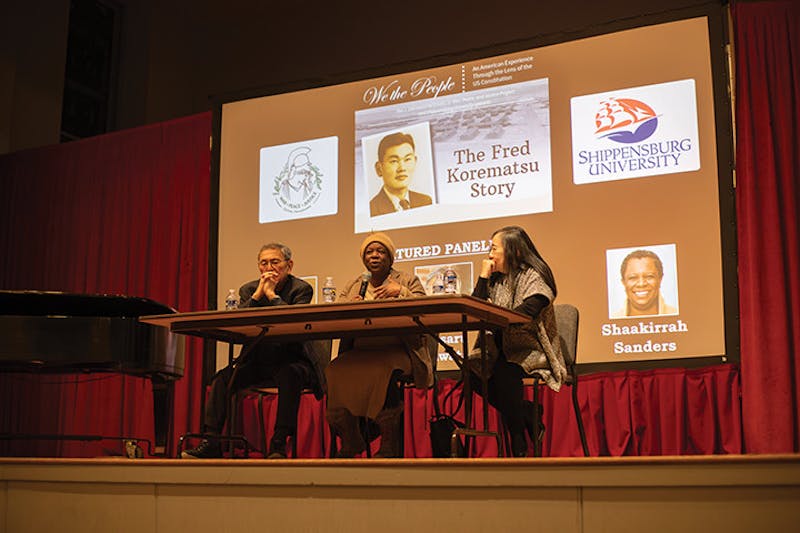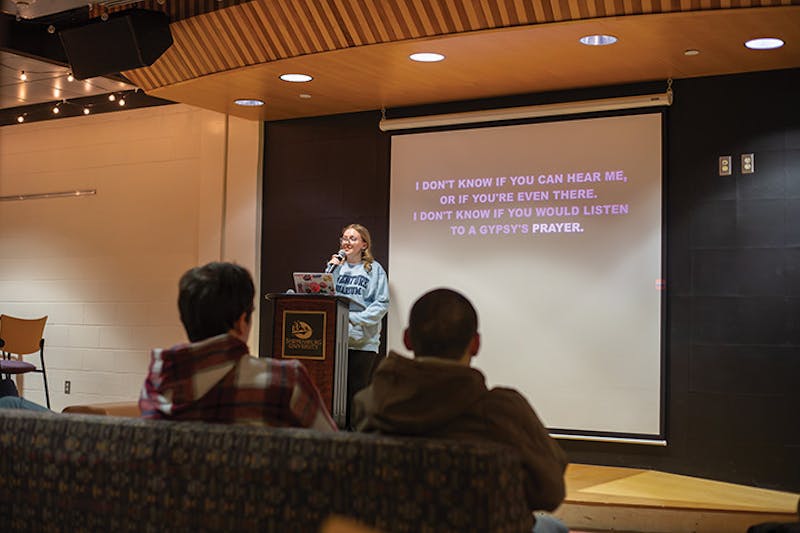On Thursday, Sept. 29, Shippensburg University’s Director of Social Inclusion, Manuel Ruiz, and Residence Director Steven Lopez hosted an open discussion on personal identity and intersectionality.
Intersectionality is a term coined by Kimberlé Crenshaw to describe the way different personal, racial and social identities collide to create power dynamics. “The reason we wanted to talk about intersectionality and focus on this topic is because many of our identities impact us on a daily basis,” Lopez said. From the career world to home life to governmental institutions, intersectionality impacts who has power.
“When we think about diversity, we look at the physical characteristics and clump people into categories,” Ruiz said at the beginning of the presentation. He went on to explain that the flaw in this thinking is it leaves out invisible identities.
Attendees reflected on themselves for a moment and were encouraged to share personal experiences with identity if they felt comfortable. One attendee shared their experiences with being white but also queer, and how people saw them as having an easy life when in reality they experienced housing discrimination. Ruiz described his personal experiences with skin color privilege as a light-skinned Puerto Rican.
It is in human nature to assume things about others at first glance. However, this action is what can cause microaggressions, which are actions that subtly discriminate against other people. “We all have microaggressions; I’m guilty of them. If someone tells you they don’t, they’re lying to you,” Ruiz joked.
Since it is hard to not assume things, the best thing to do is enter with an open mind and be ok with being corrected. Personal identity is just that: personal. Being open to learning and being respectful of other’s identities is an important step in growing as a person.
“We as a whole need to do better at acknowledging that if we don’t know enough about a topic, we need to take the initiative of educating ourselves rather than putting someone at the forefront of this,” Lopez said.
While it is nice for others to help you down the path of growth, relying on someone else to tell you to change is more harmful than helpful. It places the other person in a situation where they are forced to represent an entire community when they are only a small portion of that group. This tokenizes the person, and ultimately makes them feel uncomfortable. Doing your own research will make you a better-rounded individual.
“Be you. Be happy with who you are. I never want anyone as a part of the Raider community to feel like they have to be anyone but themselves,” Ruiz said.



The Slate welcomes thoughtful discussion on all of our stories, but please keep comments civil and on-topic. Read our full guidelines here.